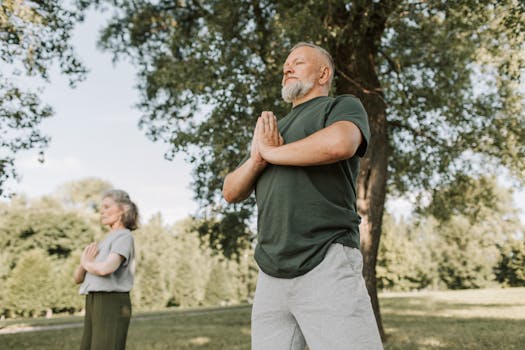
Regular Exercise and Mental Health: The Surprising Benefits of Physical Activity
Regular exercise and mental health are closely linked, with numerous studies demonstrating the positive impact of physical activity on mental wellbeing. Regular exercise is not only essential for maintaining physical health, but it also plays a critical role in reducing stress, anxiety, and depression. In this article, we will explore the benefits of regular exercise on mental health, and provide tips on how to incorporate physical activity into your daily routine.
What are the Benefits of Regular Exercise on Mental Health?
Regular exercise has been shown to have a positive impact on mental health, with benefits including:
- Reduced stress and anxiety: Exercise has been shown to reduce stress and anxiety by releasing endorphins, also known as ‘feel-good’ hormones.
- Improved mood: Regular exercise can help improve mood and reduce symptoms of depression.
- Enhanced cognitive function: Exercise has been shown to improve cognitive function, including concentration, memory, and problem-solving ability.
- Better sleep: Regular exercise can help improve sleep quality, which is essential for mental health and wellbeing.
How Does Exercise Improve Mental Health?
Exercise improves mental health in several ways, including:
- Releasing endorphins: Exercise releases endorphins, which are chemicals that act as natural painkillers and mood elevators.
- Reducing inflammation: Exercise has been shown to reduce inflammation, which is associated with mental health conditions such as depression and anxiety.
- Improving brain function: Exercise has been shown to improve brain function, including the growth of new neurons and the formation of new neural connections.
Types of Exercise for Mental Health
There are many types of exercise that can benefit mental health, including:
- Aerobic exercise: Activities such as running, cycling, and swimming that raise the heart rate and improve cardiovascular health.
- Resistance training: Activities such as weightlifting and bodyweight exercises that improve muscular strength and endurance.
- Yoga and Pilates: Low-impact exercises that combine physical movement with deep breathing and meditation techniques.
Getting Started with Exercise for Mental Health
Getting started with exercise for mental health can be as simple as:
- Scheduling it in: Treat exercise as a non-negotiable part of your daily routine, just like brushing your teeth or taking a shower.
- Finding an activity you enjoy: Engage in physical activities that bring you joy and make you feel good, whether it’s walking, dancing, or playing a sport.
- Starting small: Begin with short, manageable sessions and gradually increase the duration and intensity as you become more comfortable.
Conclusion
In conclusion, regular exercise is a powerful tool for maintaining good mental health and wellbeing. By incorporating physical activity into your daily routine, you can reduce stress and anxiety, improve your mood, and enhance your cognitive function. Remember to schedule exercise into your daily routine, find activities you enjoy, and start small. With time and consistency, you can experience the many benefits of regular exercise on mental health.






